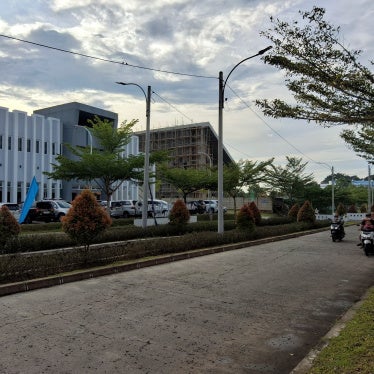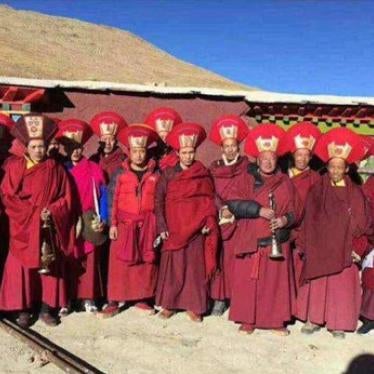NEW YORK - The international community protested loudly last month against the inclusion of an extremist right-wing party in Austria's coalition government. But the policies espoused by India's governing Bharatiya Janata Party, the BJP, and its sister organizations are equally insidious. They have already resulted in much violence against India's Christian, Muslim and Dalit, or ''untouchable,'' minorities.
When President Bill Clinton meets with India's leaders, he must put pressure on the government to reverse this dangerous trend: The BJP , are dedicated to recruiting young boys and men. They give them extensive physical and ideological training, creating disciples full of ''Hindu fervor'' and military-like discipline.
Caste violence is also increasing. On March 12, seven Dalits were burned to death in a rural village in Karnataka, reportedly in retaliation for the killing of an upper-caste youth.
Although ''untouchability'' was abolished by the Indian constitution in 1950, some 160 million Dalits are denied access to land, forced to work in degrading conditions and routinely abused or even killed by the police and higher-caste groups that enjoy the state's protection. In what has been called India's ''hidden apartheid,'' entire villages remain completely segregated by caste.
This issue is as critical in India today as was the movement for racial equality and civil rights in the United States in the 1960s. The United States should use every opportunity to raise the problem of caste-based violence and discrimination. Mr. Clinton should also pressure the Indian government to prosecute both state and private actors responsible for attacks on religious minorities and Dalits.
Kashmir is a key issue for Washington on this visit. But here again, the BJP's jingoistic policies are playing a role. Indian security forces use brutality and terror to reign over Indian-controlled Kashmir, while Pakistan continues to support and train militant groups that target and assassinate security personnel and innocent civilians.
India and the United States recently formed a joint working group on counterterrorism. But before he considers any joint strategies, the president should be aware that the government has introduced controversial anti-terrorism legislation that circumvents due process in the name of national security.
India has been down this road before. The current criminal law amendment bill is a modified version of a 1985 law that led to tens of thousands of unjustified arrests, political abuses, torture and other violations against political opposition and human rights defenders. That law was repealed in 1995, but if the new bill is passed, it is likely to be similarly misused.
Mr. Clinton's trip is properly highlighting regional security concerns, from nuclear proliferation to the conflict in Kashmir to the military coup in Pakistan. But far too little attention has been paid to the dangers for both India and its neighbors of the divisive Hindu nationalist policies that are subverting Indian democracy from within.
Smita Narula is Researcher on South Asia for Human Rights Watch.






